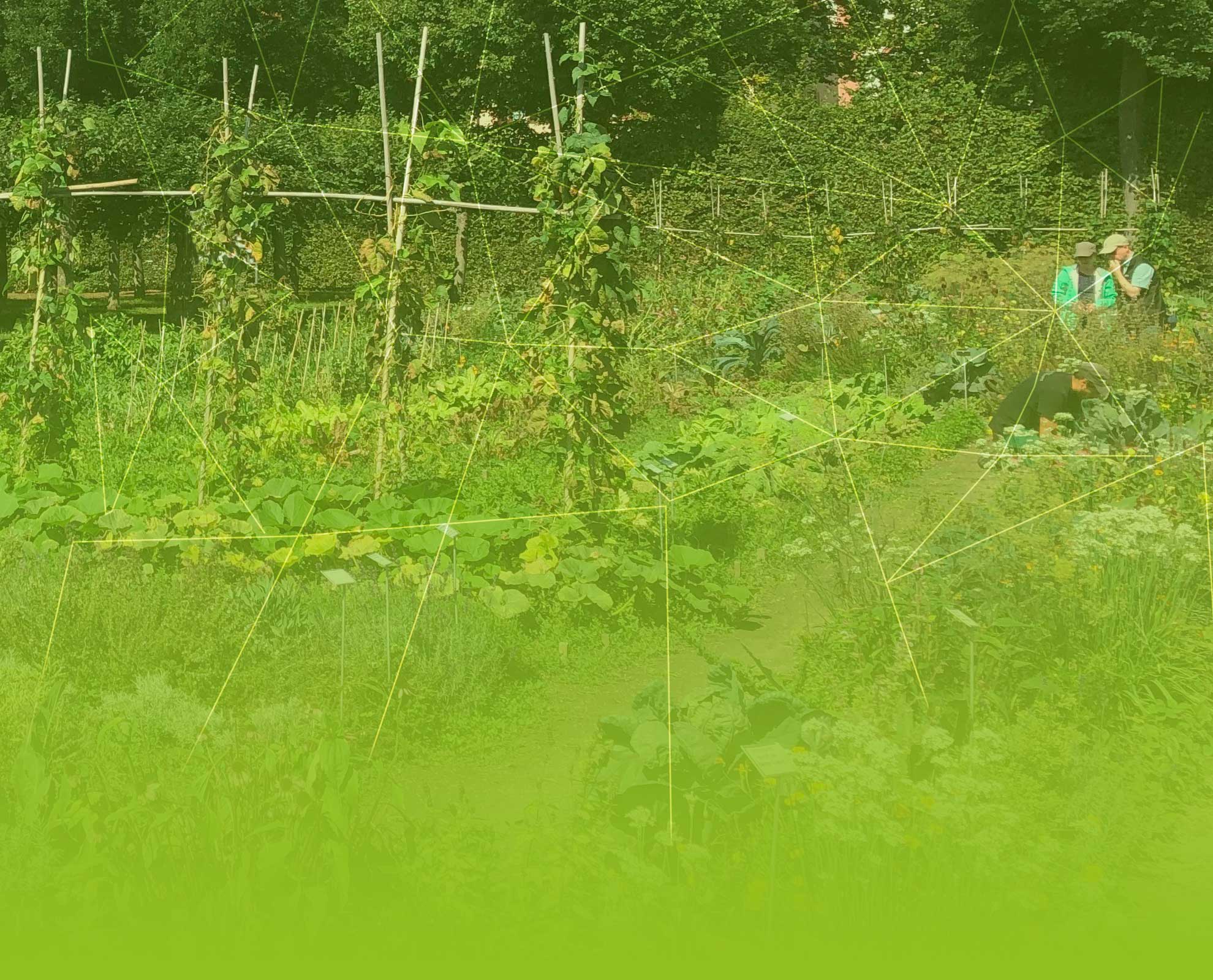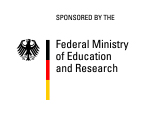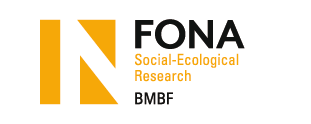Initial situation
On the way towards a Green Economy tourism is just at an early stage of a visible process of change. Particularly in the tourism sector the sustainable use of resources cannot be achieved by waiting for resource-efficient technologies. It is rather based on the willingness to adjust, the sense of responsibility and – if necessary – sufficiency on the part of the consumers.
The paradox of a „waiver-leaded incentive system” arises, which is directly associated with the consumer’s incomprehension of practicing self-denial on vacation. Simultaneously studies prove that, particularly in the tourism sector, the demand for intact environment, authentic sensual and recreational worlds continues to grow. There is an increasing demand for a development towards sustainable consumerism in tourism.
Due to the direct client contact, especially in Germany, not only touristic web portals but nearly 10.000 travel agencies are an indispensable distribution channel for sustainable tourism products. Yet these gate keepers are insufficiently used.
Project
The project Green Travel Transformation focuses the entire system of the tourism industry in order to set an appropriate framework to obtain a significant change towards sustainability. The project design allows fundamental investigations in a first step, demonstrating which efficiency and rebound effects arise in the tourism value-chain from the producer (tour operator) up to the consumer (tourist). In this context the functions of the macroeconomic system of the tourism industry are taken into consideration by means of a resilience approach, in order to identify options for action when dealing with resources and to maintain the system-relevant services.
The second step is set to address the stakeholders. Focal points of the research are stakeholders of the tourism industry, which can provide a relevant contribution for the establishment of a process of change towards sustainability. The participation concept of the project is designed to facilitation the active contribution of the touristic key actors, also in order to have pilot implementation during the project period. Furthermore international tourism partners are involved, which are interested a joint effort to steer change towards sustainability in the tourism sector.
Aim
The aim of the project is to significantly increase the share of more sustainable travel options in all booked travel products. Thus it is necessary that such travel products are visible (labelling) and bookable (within the information and booking systems). Targeted consultation by the travel agency staff regarding the realization of sustainable holidays can increase the sense of responsibility, efficiency and potentially sufficiency. Accordingly two aspects can be achieved: The advantages and chances of sustainability become visible to travelers and travelers have the possibility to specifically book sustainable products. Thus the sense of responsibility, efficiency and potentially sufficiency can be combined:
The traveler consciously and frequently decides to travel sustainable. Hence travel products will be promoted, which use less resources, are bound to a favorable economic and social contexts and thus better correspond to the sustainability criteria.
Prof. Dr. Edgar Kreilkamp, Leuphana Universität Lüneburg




